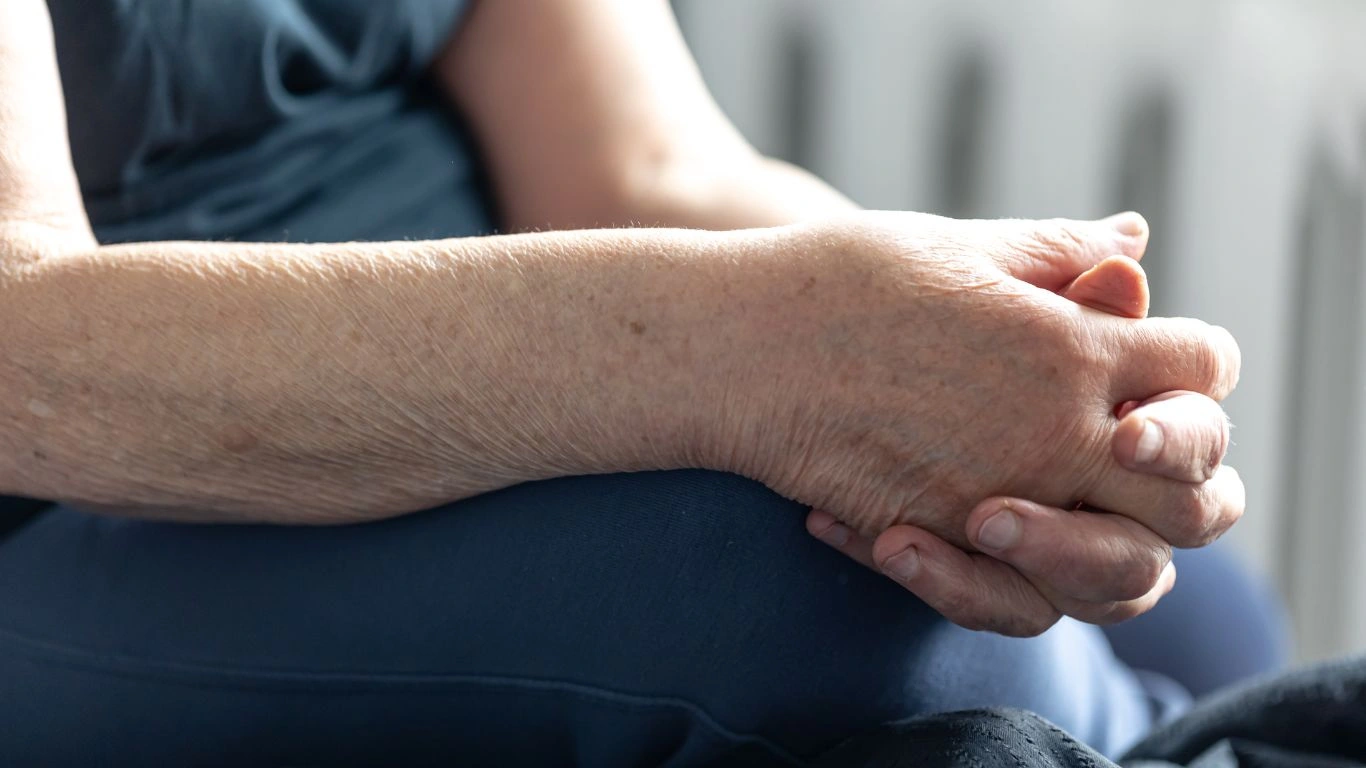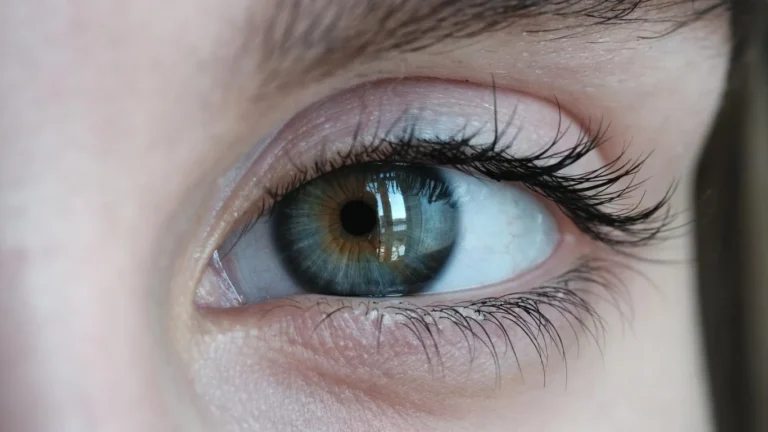Rheumatoid Arthritis and Its Effects on the Lungs: What No One Tells You
Hey there! If you’re reading this, chances are you or someone you love is dealing with rheumatoid arthritis (RA), and you’re wondering, “Wait, what does RA have to do with my lungs?” I get it—when people think of RA, they picture achy joints, swollen fingers, and stiffness, but very few realize that it can also affect organs like the lungs.
Yep, you read that right! Rheumatoid arthritis and its effects on the lungs are a real thing, and honestly, it’s one of the most overlooked complications of the disease. In my years of working with RA patients, I’ve seen cases where lung issues snuck up on people because they weren’t even aware it was a possibility. So, let’s talk about it—the warning signs, what’s actually happening inside your lungs, and what you can do about it before it becomes a bigger problem.
Wait, What? RA Affects the Lungs?!

I know, it sounds weird. But here’s the deal: RA isn’t just a joint disease—it’s an autoimmune disorder, meaning your immune system gets a little too enthusiastic and starts attacking not only your joints but also other parts of your body. And, unfortunately, the lungs are one of its favorite targets.
How Does RA Mess With Your Lungs?
There are a few different ways RA can affect your breathing, and each one comes with its own set of issues. Here’s a quick rundown:
🫁 Interstitial Lung Disease (ILD) – This is when inflammation causes scarring in your lung tissues, making it harder to breathe over time.
💦 Pleural Effusion – Fancy term for fluid buildup around the lungs. Think of it like an unwelcome swimming pool in your chest.
🔴 Pulmonary Nodules – Small lumps that pop up in the lungs. Most of the time, they’re harmless, but occasionally, they can cause complications.
💨 Airway Disease – Inflammation of the small airways, which can make you wheeze or feel constantly short of breath.
💊 Medication-Induced Lung Problems – Some RA treatments (like methotrexate) can, ironically, trigger lung issues as a side effect.
Now, here’s the kicker: a lot of these lung problems start developing before you even feel anything weird happening. That’s why it’s crucial to keep an eye on your lungs even if you think they’re totally fine.
How Do You Know If RA is Messing With Your Lungs?

Lung issues related to RA can be sneaky. Some people don’t notice symptoms until the problem has already progressed. That’s why it’s super important to recognize even subtle changes in how you feel. If you start experiencing any of the following, don’t brush it off!
✔ A dry cough that just won’t go away
✔ Shortness of breath, even when you’re not doing much
✔ A weird tightness or discomfort in your chest
✔ Feeling constantly fatigued (more than usual)
✔ Wheezing or noisy breathing
I once had a patient, Mike, who thought his cough was just allergies. Turns out, it was early-stage ILD. Because we caught it in time, he was able to slow the progression with treatment. Moral of the story? If something feels off, don’t ignore it.
Getting Checked: How Do Doctors Figure This Out?

Alright, so you’re having some breathing issues, and now you’re wondering, “Do I need to get this checked?” The short answer: YES. Here’s what your doc might do to see what’s up:
📸 Chest X-ray or CT scan – This helps spot scarring, inflammation, or fluid buildup.
💨 Pulmonary function tests (PFTs) – Basically, a test to check how well your lungs are working.
🩺 Blood work – To check for markers of inflammation and infections.
🔍 Bronchoscopy – If needed, they might use a tiny camera to look inside your lungs.
Managing RA-Related Lung Issues: What Can You Do?
Okay, so what if you do have lung involvement? The good news is that it’s not a death sentence. There are ways to manage it and keep things from getting worse.
1. Medications That Can Help
💊 Corticosteroids – Reduce inflammation in the lungs.
💊 Immunosuppressants – Help calm down your overactive immune system.
💊 Antifibrotic drugs – If scarring is happening, these can help slow it down.
2. Oxygen Therapy (If Needed)
For those who have more advanced lung issues, oxygen therapy can help make breathing easier.
3. Lifestyle Tweaks to Protect Your Lungs
🚭 Quit smoking. (Seriously. If you smoke, it’s time to stop. RA + smoking = disaster for your lungs.)
🏃♂️ Stay active. (Light exercises like walking or yoga can help keep your lungs working properly.)
💉 Get your vaccines. (Flu, pneumonia, COVID-19—because the last thing you need is a lung infection.)
Troubleshooting Common Issues

Let’s talk about some of the annoying challenges that come with RA lung issues and how to handle them.
😫 Struggling with shortness of breath?
Try breathing exercises or pulmonary rehab. Slow, deep breaths can help train your lungs.
💊 Your RA meds are making your lungs worse?
Talk to your doctor about switching to a different biologic treatment that’s easier on your lungs.
🤧 Keep getting lung infections?
Boost your immune defenses by eating well, getting enough sleep, and staying up to date on vaccinations.
Real-Life Success Stories
Emily’s Story: Beating the Cough
Emily, a 48-year-old teacher, had a persistent cough for months. She assumed it was allergies until a scan revealed early lung scarring. Thanks to early intervention, she’s now managing her condition with medication and lifestyle changes.
Mark’s Story: Finding the Right Treatment
Mark developed lung issues after starting methotrexate. Once he switched to a different biologic, his breathing improved within weeks!
Key Takeaways
✅ RA can affect your lungs in multiple ways—even before you feel symptoms.
✅ Early detection is key to slowing progression.
✅ There are treatments available that can help you breathe easier.
✅ Don’t ignore persistent coughs, shortness of breath, or chest discomfort!
FAQs
1. Can lung issues appear before joint symptoms?
Yes, in rare cases, lung involvement can be an early sign of RA.
2. Is RA lung disease reversible?
Some conditions, like inflammation, can improve with treatment, but scarring (fibrosis) is usually permanent.
3. Do all RA patients develop lung problems?
No, but about 40% will experience some form of lung involvement.
4. What’s the best way to prevent lung issues with RA?
Regular checkups, not smoking, and managing RA aggressively to control inflammation.
5. Can exercise help RA-related lung issues?
Absolutely! Low-impact exercise helps keep your lungs working properly.
Final Thoughts & Call to Action
If you have rheumatoid arthritis and its effects on the lungs are starting to concern you, don’t wait for symptoms to get worse before acting. Listen to your body, talk to your doctor, and take steps to protect your lungs now.
Have you dealt with RA-related lung issues? Drop a comment below and share your experience! You never know who you might help. 😊

Tarra Nugroho is a dedicated Nurse Practitioner with a strong foundation in family and preventive care. She brings both compassion and clinical expertise to her practice, focusing on patient-centered care and health education. As a contributor to Healthusias.com, Tarra translates medical knowledge into clear, empowering articles on topics like women’s health, chronic disease management, and lifestyle medicine. Her mission is simple: help people feel seen, heard, and informed—both in the clinic and through the content she creates. When she’s not caring for patients, Tarra enjoys weekend hikes, plant-based cooking, and curling up with a good health podcast.







